Fostering Uninhibited Creativity
Monica Orr, Omni Hotels Director Sales & Marketing
Related Trend Reports
Architecture, Art & Design, Design, Eco Architecture, Health, Hip Hotels, Home, Life, Life Stages, Luxury, Travel, World, Youth Known as the "actress" of the Director of Social Media scene in Montreal, Monica Orr is more of a story-teller than a number-cruncher, stating that "more and more people are focussed on prices, but you need to distinguish yourself based on what you do with it."
Known as the "actress" of the Director of Social Media scene in Montreal, Monica Orr is more of a story-teller than a number-cruncher, stating that "more and more people are focussed on prices, but you need to distinguish yourself based on what you do with it."Just recently returned to Omni Hotels as the Director of Sales and Marketing for the second time in her 30 years in the hospitality industry, Monica tells me, "When you come back to a place, it means it is extra special." She goes on to explain that, with a lot of the larger hotels, you often have to answer to the owners as well as the brand, and when it comes to making decisions, there is often a conflict. Monica gets to be dedicated to taking care of Omni Hotel clients because the person she works for, Robert Rowling, is both the owner of the hotel and the brand. This fortunate situation allows for a tight knit message that translates well to clients.
Three questions with Monica Orr:
1. How does your team generate ideas?
I think people generate ideas when they are put in a context in which they can do so. Since I arrived here, we make time for creativity with daily morning meetings and we do all our projects together as opposed to individually. We want to be anything other than ordinary so we do anything we can do to be outside of the box. When you have everyone brainstorming together, one idea generates another, because on your own your creativity can die but together we feed off each other. Little ideas put together can give birth to a healthy new concept, for example we decided to have guests take pictures and put them up above the fireplace in the lobby so that, when they walk in, they can feel as though they have arrived at home. Pushing people triggers them to go further than what they would have originally stood for and we bounce ideas off each other to come up with exciting solutions such as our customized murder mystery scenario where everybody in the department came up with unique ideas for each themed room.
Travelling is the best school out there. When you immerse yourself in other hotels, other cultures and places, you get to see a whole new way of doing things and come back with lots of images in your head. We study little things such as different business etiquette, a new purity of art form, the way they serve food, different fabrics etc., and in that way we are much like the fashion industry. I think of hotels as paintings; we paint paintings and, in order to do that, we need to step out of our comfort zone and teach people that it’s okay to use their eyes and take it all in. A main source of inspiration for me is reading, especially the biographies of great people and histories. I find that people who read a lot have a lot of material to work with and are constantly educating themselves. In the hotel industry, it is particularly important to look for inspiration from the outside because the industry is very slow to adapt and limited when it comes to change. We regularly go to conferences all over the world on a whole range of different industries and topics.
2. What are some of the challenges you face when innovating?
It is often the cost and effort to promote and get things out there that can complicate the realization of a project. Money and time are key elements we have to work with and we can’t follow up on every single idea that people bring forward. It is better to have 3 good ideas that can be executed rather than 300 that we cannot act upon. At the same time, we don’t want people to lose sight of the ultimate goal: to make money and satisfy the guests. People can feel threatened and scared to speak up when there is resistance to change so, instead, they are stuck repeating what was successful in the past. At the end of the day, the ideas have to make sense and fit in with our target to make the product better and elevate our service.
3. How do you create a culture of innovation?
I create a culture of innovation by setting an example. If you yourself, at the top of the pyramid, are not creative, other people might not want to be either. You need to make the time to meet with the team and play; children are naturally creative because they play. When I first came in, it seemed as though people were going through battered-woman syndrome because they were always sent to their offices and told to focus on making sales. I needed to open them up and explore their individual talents, making boring projects more interesting and exciting.
Creativity is found in the stories you create. Upon renovating the hotel, we built a story with imagined character that we incorporate into our activities and restaurants. When you’re allowed to be creative and invent the world, everybody wants to participate and together they become creative and do something out of the ordinary. We utilize the different talents on our team and play with music, design and more to create a sensory experience in the rooms.
All of us have to be active on different levels, through social media side, various websites, PR and constantly networking, researching and subscribing to blogs so that we can take ideas from somewhere else and bringing them into Omni hotels. We are extremely curious and hungry for new things all the time, not just following trends but also listening to what human beings like and want.
References: linkedin, omnihotels
Featured Articles
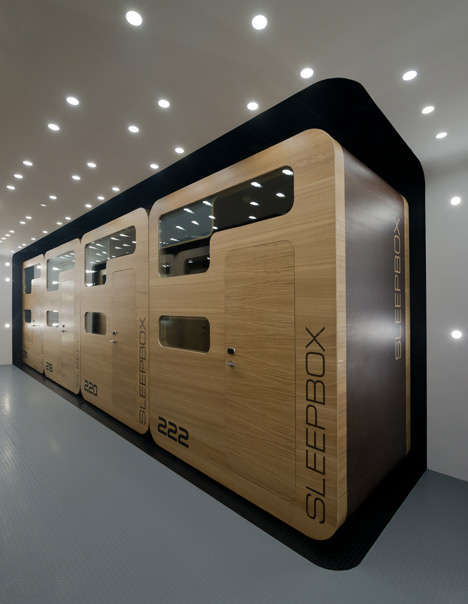
Sleep Admiration
Marketers and designers idolize the often neglected essential of sleep
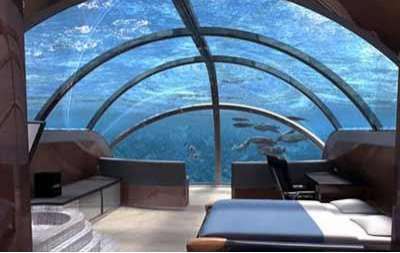
Hotels as Destinations
Accommodations that offer exotic experiences along with a bed
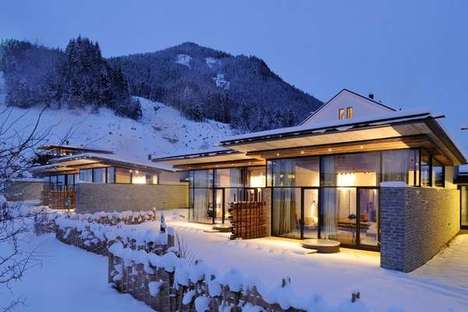
Simulated Home
The feeling of true comfort is created through residential-inspired design
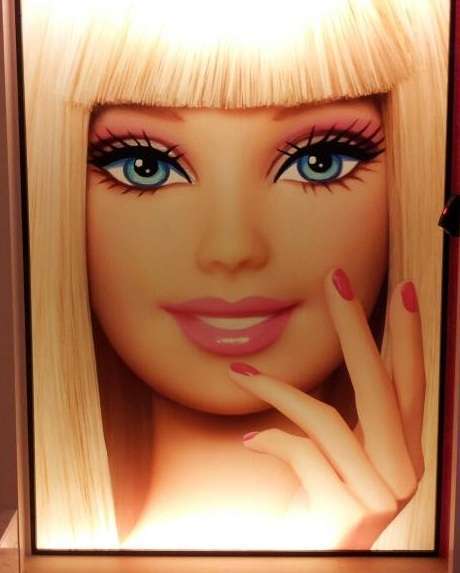
Child-Centric Vacationing
Hotels and restaurants add a kid-friendly spin to their services
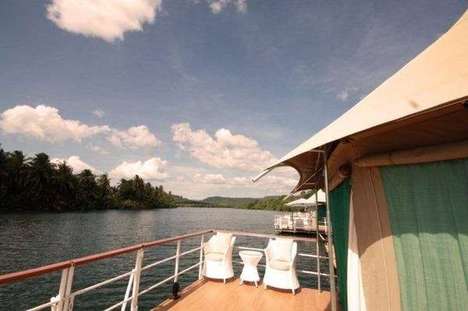
Petite Lodging
Rise in more compact and minimalist hotels & accommodations
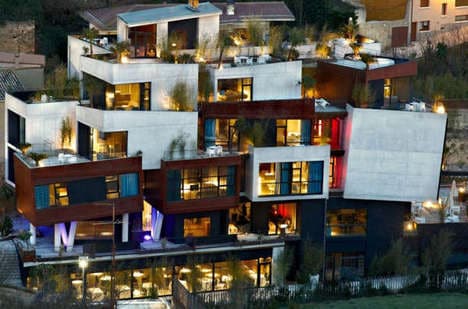
Industrial Accommodation
The industrial aesthetic is expanding far beyond modern workplaces
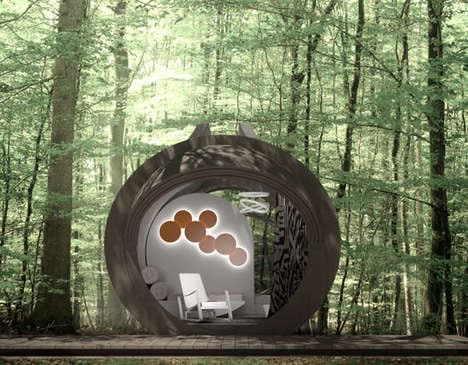
Haute Hostel
The budget-friendly hotel alternative gets a makeover
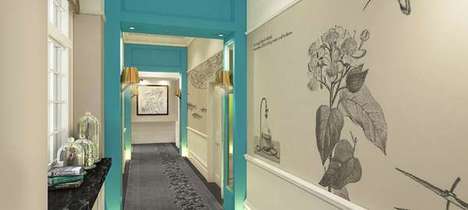
Artistic Accommodations
Hotels add culture to comfort with artistic additions
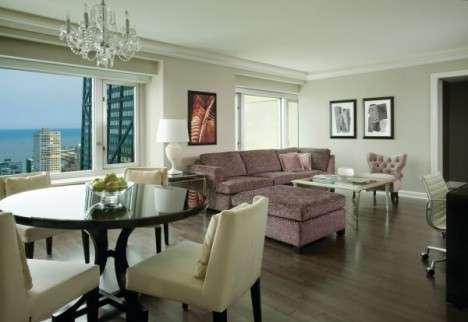
Health-Conscious Accommodation
Holistic health is incorporated into vacationing